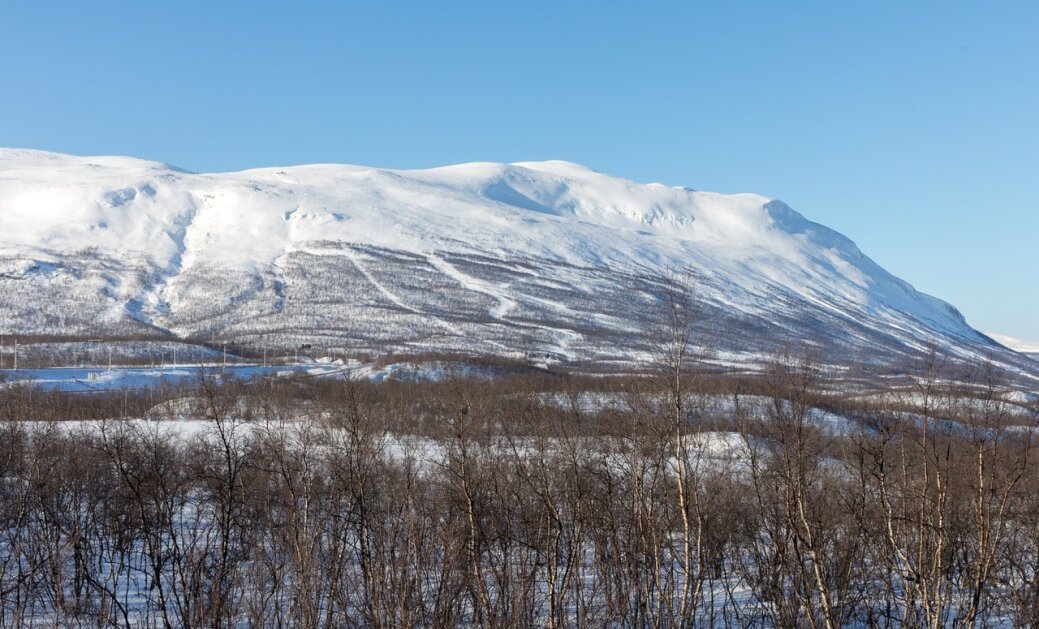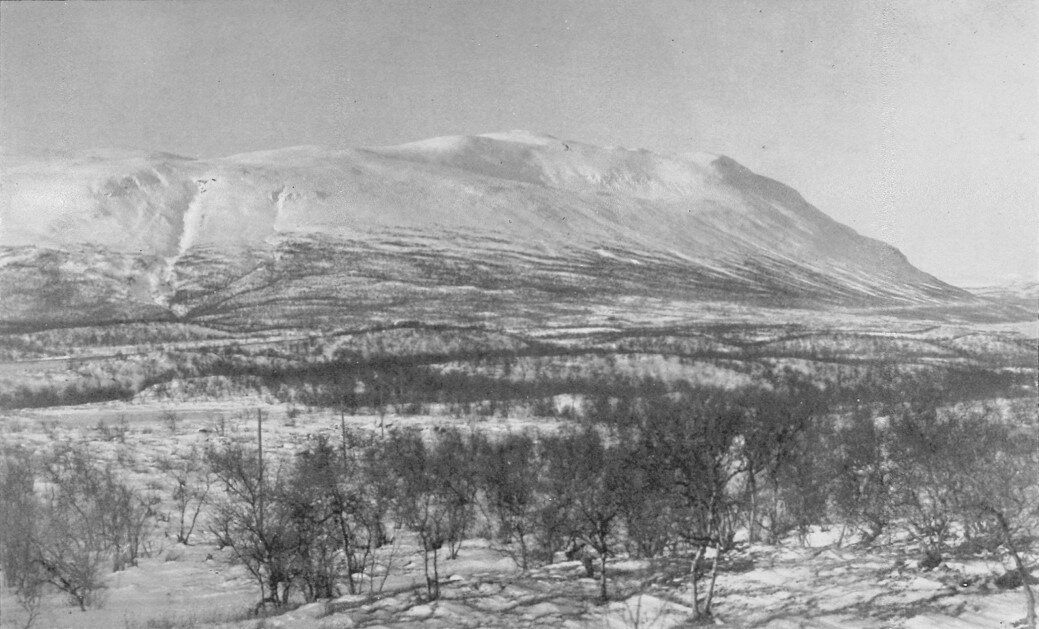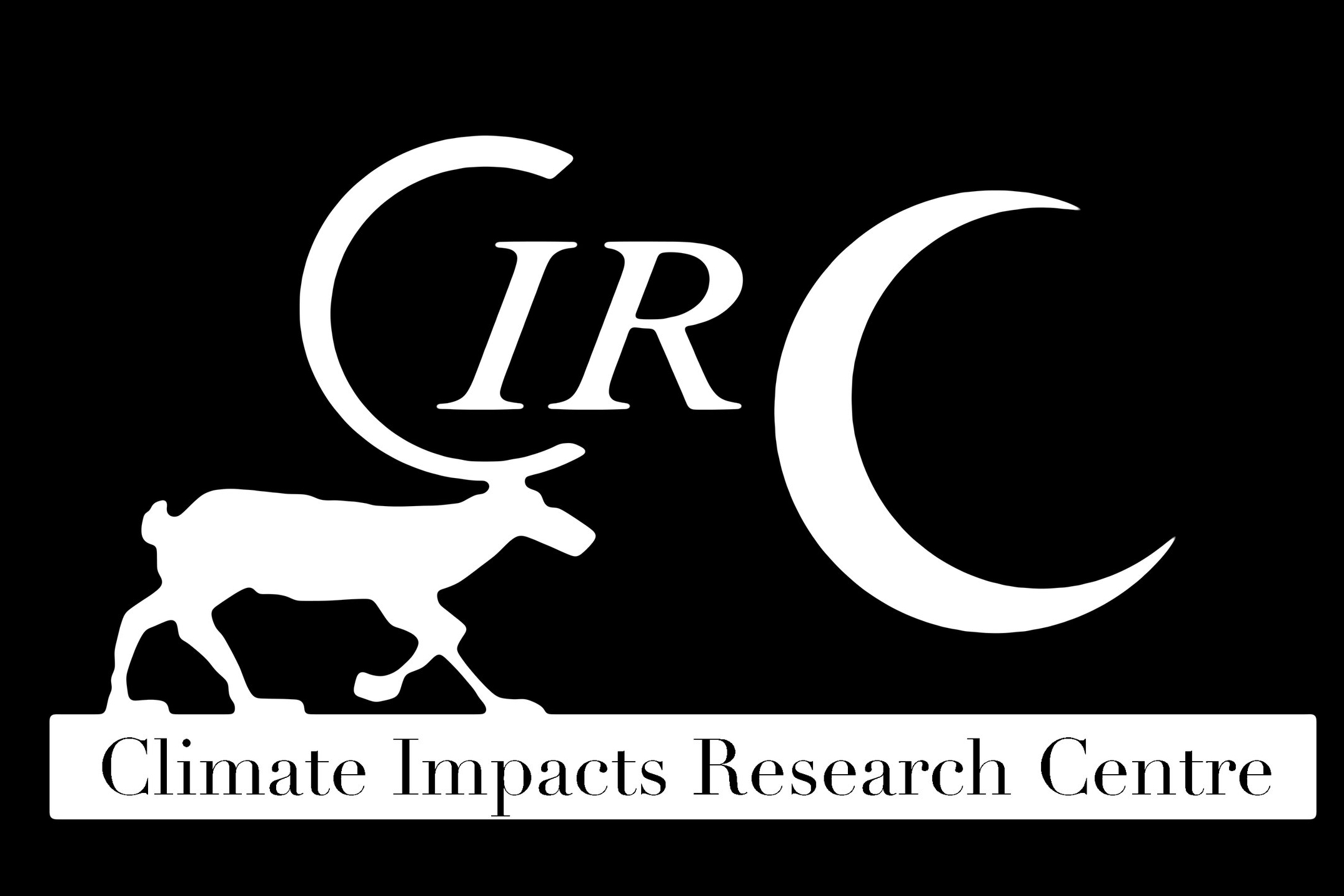Arctic citizen science: snow and plant phenology in a changing climate


Project Summary
As scientists a major challenge of our time is to understand and predict effects of climate change on ecosystems and the services they provide to humanity. A larger and possibly more important challenge is to increase the awareness of the importance of these processes and to get the vital to support of citizens, policy and decision makers for adaptation, mitigation and management schemes. Arctic regions are of special concern in future climate-warming scenarios, because the air temperature increase is predicted to be amplified towards the north where sensitive ecosystems experiences significant change and exert strong feedback effects on the global climate system.
The aim of the project is to reach out to the visitors of Abisko, involve them in a climate research project and use this interaction to communicate how we do climate research. Specifically, we will develop an existing study site into a citizen science trail, adjacent to the Abisko Scientific Research Station and the naturum Abisko in collaboration with the Swedish National Phenology Network and their nation-wide monitoring tool Naturens kalender. As the trail follows an elevational, and thereby a strong climatic gradient, it will offer a concrete illustration of climate effects on plants, snow and the possible effects climate change.
The existing study site was originally established between 1917 and 1919 by Swedish botanist Thore C. E. Fries as an elevational-transect comparing snowmelt dates with plant phenology. Starting in 2017 Climate Impacts Research Centre scientists will replicate Fries’ study to determine how the observed climate changes in the region have affected both snow cover and plant phenology. The new study will incorporate cutting-edge climate stations and phenology cameras to allow us to analyse our results using modern multivariate approaches.
To increase the impact of the new study we will implement a citizen science phenology project along the same trail. The citizen science phenology project will include a citizen science phenology mobile application developed in collaboration with existing Naturens kalender app as well as PicturePosts and PhenoCam projects to allow citizen scientists to contribute observations and phenology photos and get near-real time feedback through innovative mobile and web interactive applications. In addition to providing this novel way of directly interacting with and contributing to climate change research project in the Arctic as “citizen scientists”, we will communicate specific and general research results in relation to climate change effects in the Arctic. The project will utilize many unique aspects of the Abisko region, a hot spot for both tourism and world class research. The science trail targets both Swedish and international visitors and through the international phenology networks we can guide the visitors to participate in similar kinds of citizen science based phenology monitoring back home. An interdisciplinary working group of international scientists and stakeholders actively engaged in Arctic nature conservation and science will develop the project.
Collaborators
Magnus Augner, Abisko Scientific Research Station, Swedish Polar Research Secretariat
Håkan Grudd, Abisko Scientific Research Station, Swedish Polar Research Secretariat
Kjell Bolmgren, Naturens Kalender, Swedish University of Agricultural Sciences
Lo Fischer, naturum Abisko, County Administrative Board/ Länsstyrelsen Norrbottens län
Jan Karlsson, Umeå University
Funding
Climate Impacts Research Centre
FORMAS


